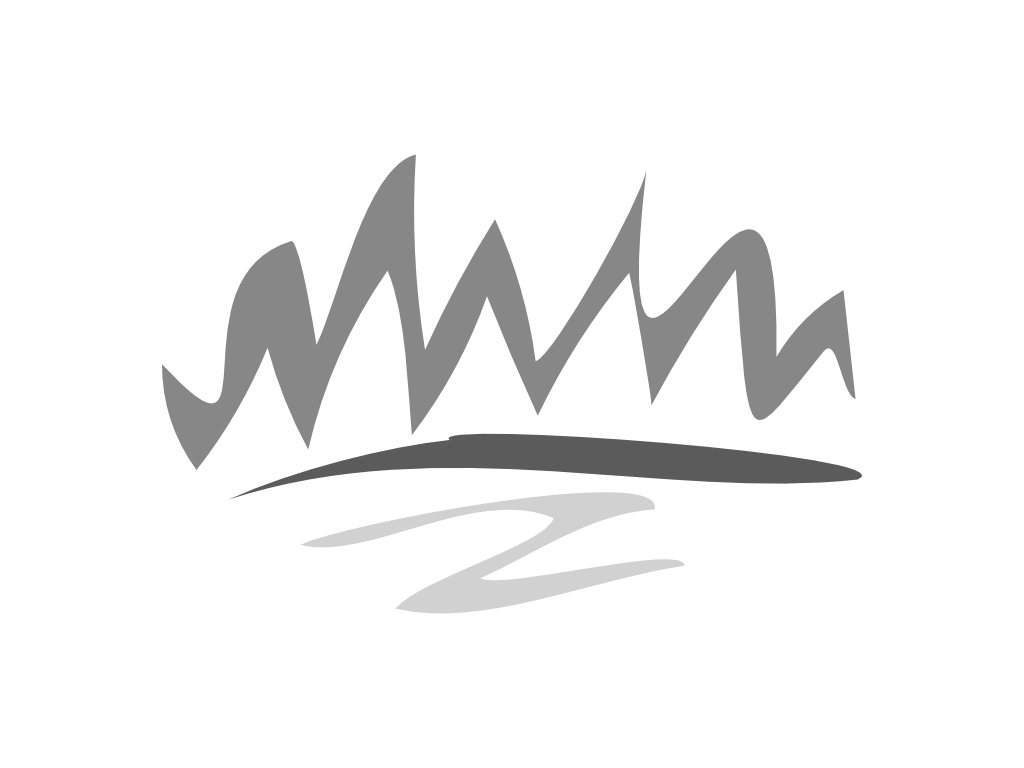
Lack of coordination puts deer habitat at risk
VICTORIA – Poor communication among government agencies led to approval of logging plans that put mule deer winter habitat at risk, the Forest Practices Board reported today.
The board investigated a complaint by a group of property-owners at Anderson Lake, between Pemberton and Lillooet. The complainants were concerned that logging on Crown land south of McGillivray Creek would harm mule deer winter habitat.
The board found the responsible government agencies – the BC Timber Sales program, the ministries of Forests and Range and Environment – allowed higher levels of harvesting than scientific advice and planning guidelines recommended.
The advice and guidelines stated that harvesting should retain snow-intercepting Douglas-fir trees as they are a key element of mule deer winter habitat. The winter range at Anderson Lake already has fewer snow-intercepting trees than needed, and the board found the approved harvesting will make the existing deficit worse.
“While the cutblocks within the mule deer winter range have not been logged as yet, the board concluded the approved logging does not represent good stewardship of winter habitat for deer at McGillivray Creek,” said board chair Bruce Fraser. “All of the guidebooks and planning directives clearly indicated that more protection of snow-intercepting trees is crucial to protect mule deer winter range in this area.”
The board found the licensee, N’Quatqua Logging Company Ltd., complied with provincial legislation and all parties acted in good faith with respect to deer habitat. However, the agencies failed to provide current and usable maps to help the licensee plan its harvesting to protect deer habitat. Further, the Ministry of Environment (MOE) provided ambiguous advice to the licensee on the impact of the proposed logging on mule deer winter range, despite requests for MOE to give an opinion as to whether the logging plans were acceptable or not.
“The Ministry of Environment has adopted a new business model where it does not provide detailed advice on specific logging plans,” said Fraser. “Although the licensee and BCTS communicated with the Ministry of Environment, their combined efforts were ultimately ineffective at assuring that adequate habitat would be protected.
“The board hopes the parties involved will consider a voluntary agreement to protect the existing snow-intercepting trees, and consider ways to provide replacement timber for the licensee in a less sensitive area,” said Fraser.
The Forest Practices Board is B.C.’s independent watchdog for sound forest and range practices, reporting its findings and recommendations directly to the public and government. The board:
Erik Kaye
Communications
Forest Practices Board
Phone: 250-356-1586 or 1-800-994-5899
